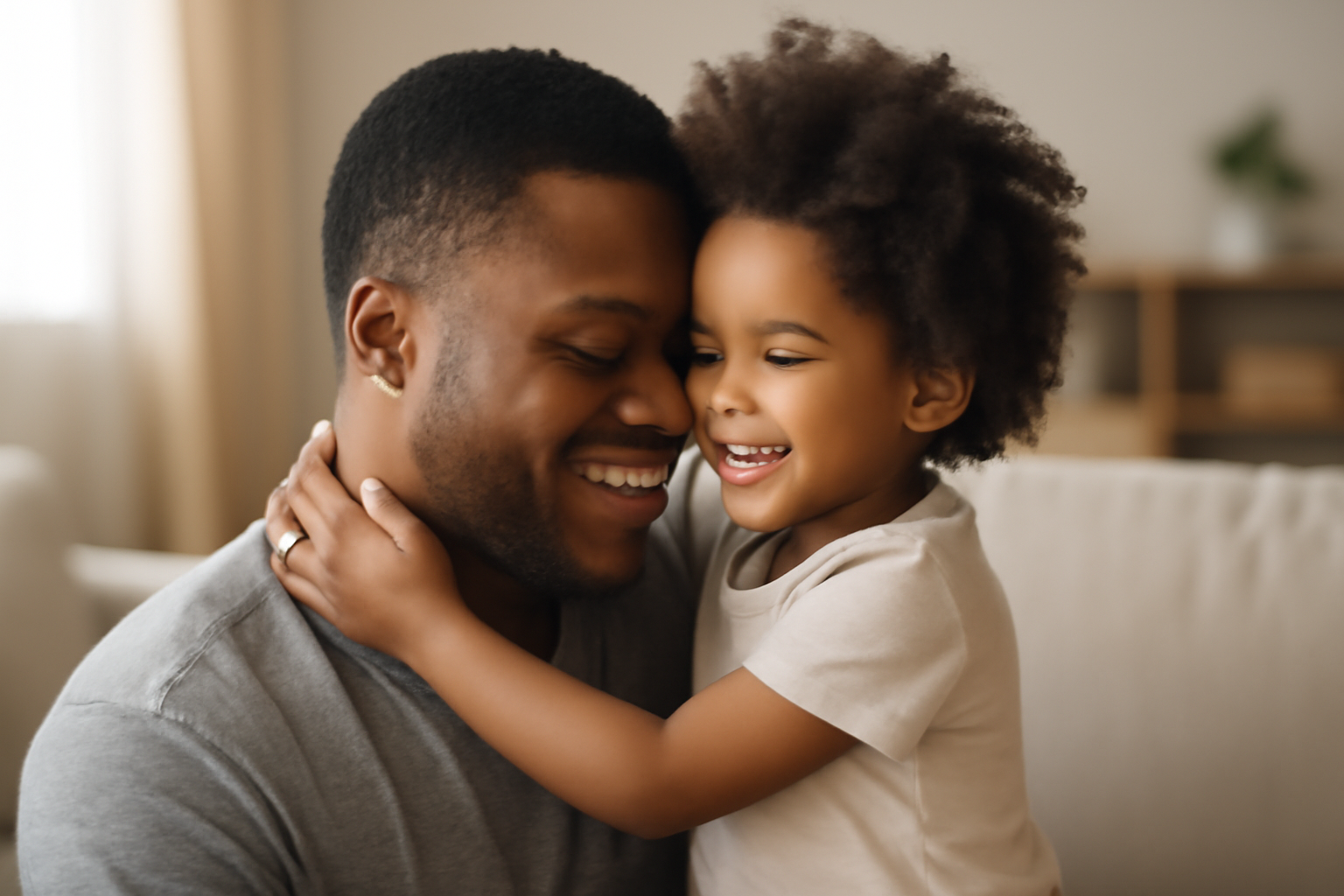The bond between a parent and child is one of the most powerful connections in life. It shapes how children see themselves, relate to others, and navigate the world. And it doesn’t happen by accident—it’s built through small, consistent moments of love, trust, and presence.
Whether you’re holding a newborn in your arms or guiding a busy toddler through their day, you have daily opportunities to strengthen your relationship.
Here’s how to build a deep and lasting parent-child bond that supports your child’s emotional health for life.
Why Attachment Matters
A strong bond with a caregiver creates secure attachment, which lays the foundation for:
- Emotional regulation
- Confidence and self-esteem
- Trust and safety
- Healthy future relationships
- Resilience during stress and change
Children with secure attachment know that they are loved, valued, and safe—and that someone will be there when they need help.
Be Present, Not Perfect
You don’t need to be the “perfect” parent to build a strong bond. What matters most is being emotionally present—showing your child that you’re available, engaged, and attentive.
Put your phone down. Make eye contact. Respond with warmth. Your attention tells your child: “You matter.”
Practice Responsive Parenting
Babies and young children thrive when caregivers respond promptly and sensitively to their cues.
- If your baby cries, respond with comfort
- If your toddler is frustrated, help them name the feeling
- If your child wants to talk, stop and listen
Being responsive builds trust and helps your child feel seen and heard.
Prioritize Physical Connection
Touch is one of the earliest and most powerful ways to bond. Offer physical affection daily:
- Hugs and kisses
- Holding hands
- Snuggling during stories or quiet time
- Gentle back rubs or sitting close
Touch calms the nervous system and fosters emotional connection at any age.
Create Rituals of Connection
Rituals provide predictability and meaning. They don’t have to be elaborate—they just need to be consistent.
Try:
- A special goodbye handshake in the morning
- Reading the same bedtime book every night
- Sharing a daily “high and low” at dinner
- A weekend pancake breakfast tradition
These rituals create shared memories and build closeness.
Be Emotionally Available
Children need a safe space to express their feelings—without fear of punishment or shame.
Respond to big emotions with:
- Empathy: “That was really disappointing.”
- Validation: “It’s okay to feel mad.”
- Reassurance: “I’m here with you.”
This teaches your child that all emotions are acceptable—and that you’ll support them through it all.
Play Together—On Their Terms
Play is your child’s language—and joining in shows that you care about their world.
Follow their lead:
- Let them choose the game
- Enter their pretend world without judgment
- Be silly, curious, and fully engaged
Even just 10 minutes a day of uninterrupted play can strengthen your bond dramatically.
Listen More Than You Speak
It’s easy to fall into a pattern of giving directions or correcting behavior. But children also need space to express themselves.
- Ask open-ended questions
- Pause and let them finish their thoughts
- Resist the urge to immediately solve or redirect
Listening builds trust and shows that you value their thoughts and opinions.
Repair After Conflict
Every parent-child relationship has moments of disconnection—yelling, impatience, misunderstandings. What matters most is how you repair afterward.
Say:
- “I was upset, but I shouldn’t have yelled.”
- “I’m sorry. Let’s start again.”
- “Even when I’m mad, I love you.”
Repairing teaches that relationships can withstand challenges—and grow stronger through honesty and love.
Be Consistent and Reliable
Your child needs to know they can count on you. This builds emotional security.
- Follow through on promises
- Keep routines predictable
- Be dependable, even during tough moments
- Show up consistently—with love, patience, and boundaries
Consistency builds trust, which strengthens the bond.
Final Thought: Love in Everyday Moments
The strongest bonds aren’t built in grand gestures—they’re built in quiet, everyday moments of connection: A shared laugh. A kind word. A patient explanation. A reassuring hug at bedtime.
You don’t have to get everything right. What matters most is showing up with love, over and over again.
Your presence is powerful. Your love is shaping your child’s inner world—and your bond will be the foundation they carry into every relationship they build
